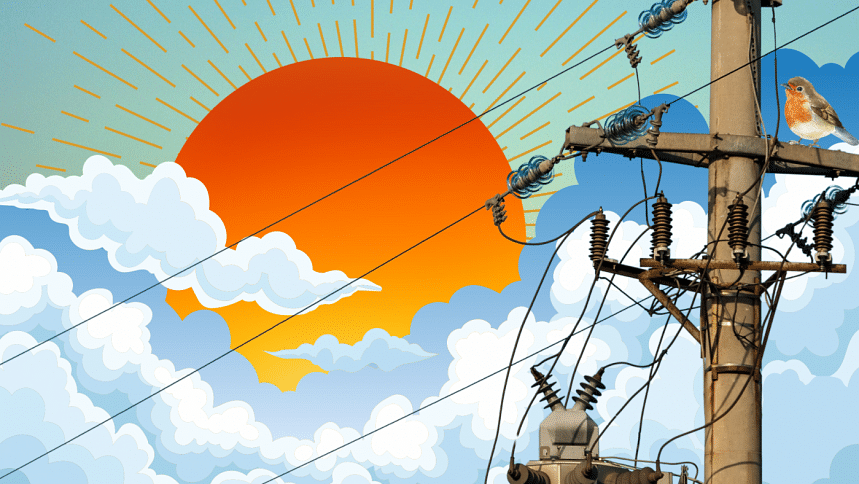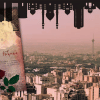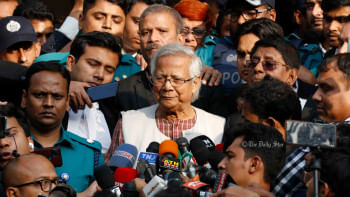Life through the lens of an electricity pole

One of the many perks of being an out-of-commission electricity pole at the heart of the city is that I get to observe its hopes and dreams from a palpable distance. To observe without intruding, one must completely blend in with the environment. Therefore, I am covered in important posters of exigent human needs such as quick and easy ways to have shiny teeth, ways to fix your academic life using the immaculate strength of Ayurveda, a one-day cure for one hundred different kinds of pests (it comes with a guarantee), and more. It has been years since my birth. I stand here as a sentinel, preserving nothing but memories.
Today, I am covered in lines. Rust from the rain, and the occasional overflowing water from the drain paint my feet in unchangeable colours. The moss-covered, please-do-not-touch-4000 volts, box beside my decaying body, maybe a warning to some. To the rebellious adolescent, however, it is just a dusty old box to tap your fingers on within scanty seconds, for no other reason but whim, before chasing an accelerating bus. And for the record, the sign or the risk does not matter in the end because old monuments from a supposedly lost age do not pose much risk.
Time progresses fast when you do not pay attention to the things around you. Everything changes in seemingly abrupt ways. The city has been dead for a while, with all its 4000 volts-do-not-touch boxes. In spirit though, I am more than my creaky bones could ever foresee, a witness to all the stories that have unfolded in front of me.
Only ten years ago, two blocks north of where I stand now, you would find a field that donned a vicious shade of vibrant green. The colour was a sign. A warning. This is not a place for wheel loaders and road rollers. Turn back for your own good.
A sanctuary of lush trees amidst towers of encroaching concrete. Where the dogs would frolic in the grass, and the children would play games all afternoon long, and gather around the corner with the benches at Maghrib. Their mothers would hold their tiny arms and gently clean the sweat pouring down from their worn-out faces. Some would make promises of a delectable dinner, while the others would care for the small bruises or cuts on their feeble bodies before tightly embracing them with warmth like mothers do. Both, a language of love.
The city was never a quiet place. But there were times when you could place your feet on the ground and listen to the sounds around you, of hawkers and their listless routines, of birds and their euphonies in odd times and odd places, of conversations you could not make out. Two blocks north of where I stand now, you will only find dust and concrete. You will hear drill machines and car horns, and hot, angry, voices that coalesce into a cacophony to your ears. You will find dryer ducts and birds clutching onto the warmth of self-destruction. I would like to think that with buildings looming over the horizon like cumulonimbus clouds, every human being is a bird trapped in a tiny cage of their own.
In an era where you do not need telegraph poles to connect with one another, the heart of the city beats mechanically in solitude. As vehicles pass me by in summer's heavy schedule of wheels over hot, tar-filled roads, I stand here as a witness to everything the city ever was and ever will be.
A.M. Fahad is a university admission candidate.

 For all latest news, follow The Daily Star's Google News channel.
For all latest news, follow The Daily Star's Google News channel. 









Comments